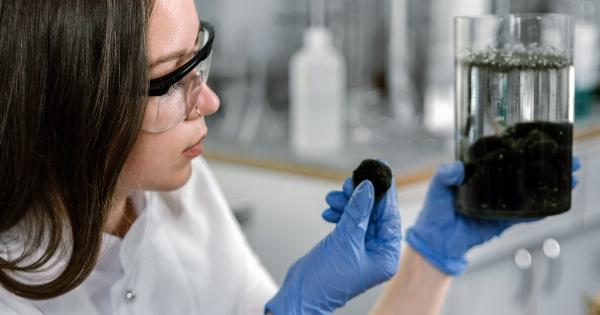New research suggests that a person’s risk of developing type 2 diabetes could be linked to the presence of Neanderthal genes in their DNA.
The study, which was published in the journal Nature, found that these genes are associated with an increased risk of diabetes as well as other health issues such as depression, smoking addiction and blood clots.
The role of Neanderthal genes in modern-day populations
Neanderthals were a species of human that lived in Europe and parts of Asia around 40,000 to 400,000 years ago.
While they went extinct around 40,000 years ago, evidence shows that they interbred with modern humans when they migrated out of Africa around 60,000 years ago.
As a result, it’s estimated that modern-day Europeans and Asians have inherited between 1.5% and 2.1% of their DNA from Neanderthals.
This DNA is scattered throughout the genome, but is particularly concentrated in regions associated with the immune system.
The link between Neanderthal genes and diabetes risk
The recent study, which was conducted by researchers at the University of California, Los Angeles, aimed to investigate whether the presence of Neanderthal genes in modern humans is associated with any health risks.
The researchers analyzed genomic data from more than 100,000 people of European descent and identified regions of the genome that are linked to Neanderthal DNA.
They found that people who carry a larger proportion of Neanderthal DNA in these regions are more likely to develop type 2 diabetes, as well as other health problems such as depression, nicotine addiction and blood clots.
The researchers suggest that this could be because the Neanderthal genes affect the way the body metabolizes glucose and insulin, leading to an increased risk of diabetes.
The implications of the study
The study adds to a growing body of research that suggests that Neanderthal genes could be linked to health issues in modern-day populations.
Previous studies have found that Neanderthal DNA is associated with an increased risk of conditions such as Crohn’s disease, lupus and melanoma.
However, the researchers caution that the link between Neanderthal genes and health issues is complex and that other factors, such as lifestyle and environmental factors, also play a role in determining a person’s risk of developing these conditions.
What the study means for diabetes research
The study provides new insights into the genetic factors that contribute to the development of type 2 diabetes, which affects around 30 million people in the United States alone.
It suggests that researchers should focus on studying the specific Neanderthal genes that are linked to diabetes to better understand the disease and potentially develop new treatments.
What the study means for our understanding of human evolution
The study also sheds new light on the relationship between modern humans and Neanderthals and how their interbreeding may have influenced our evolution.
While previous studies have suggested that the interbreeding may have contributed to certain traits that are unique to modern humans, such as our ability to adapt to new environments, the new research suggests that it may have also had negative consequences on our health.
Conclusion
The study provides new insights into the role of Neanderthal genes in modern-day populations and the potential health risks associated with their presence.
While more research is needed to fully understand the link between these genes and health issues like diabetes, the findings suggest that Neanderthal DNA may have negative consequences for our health in addition to the positive contributions it may have made to our evolution.































